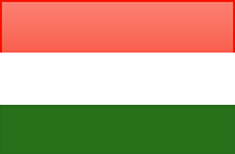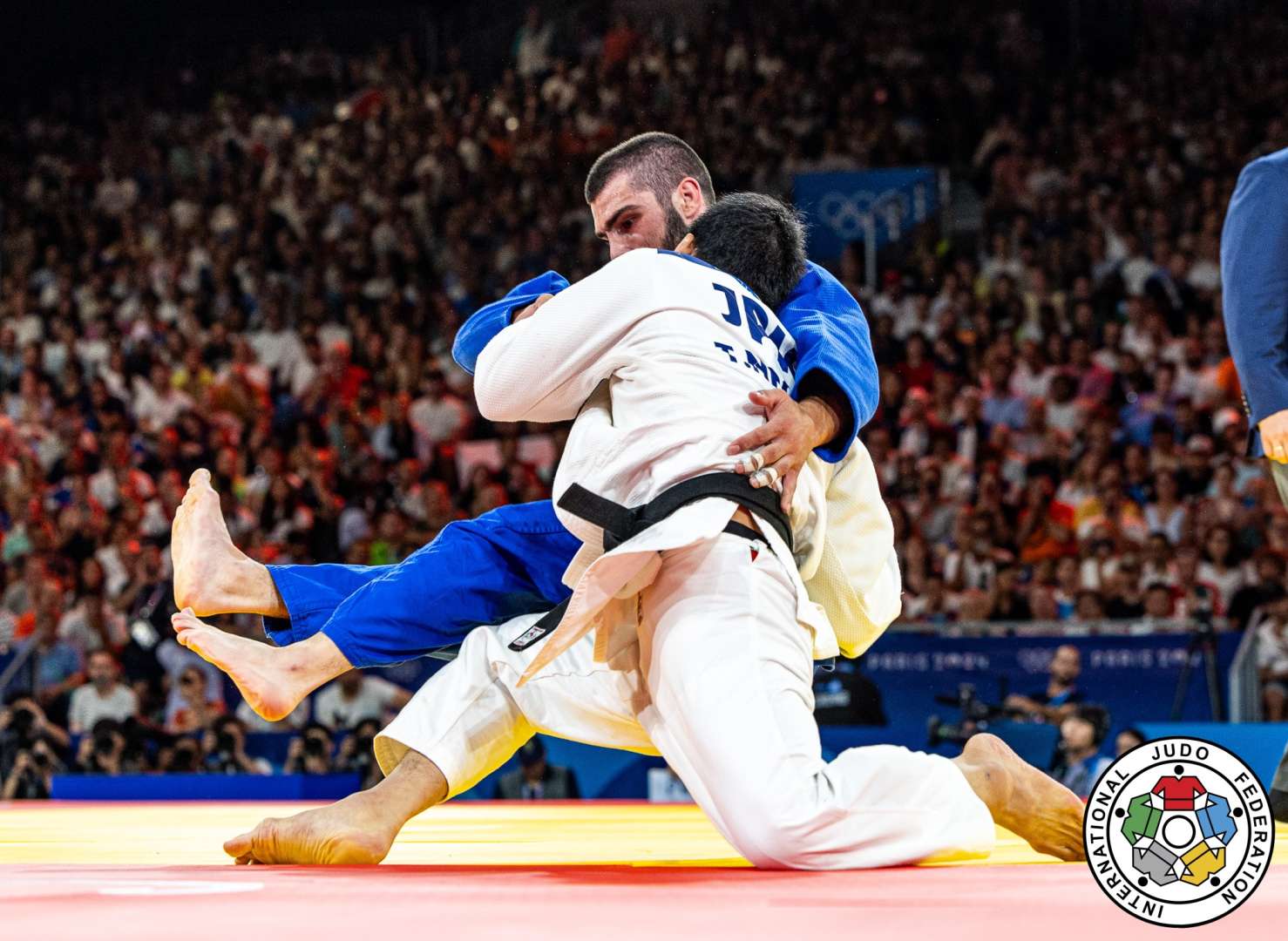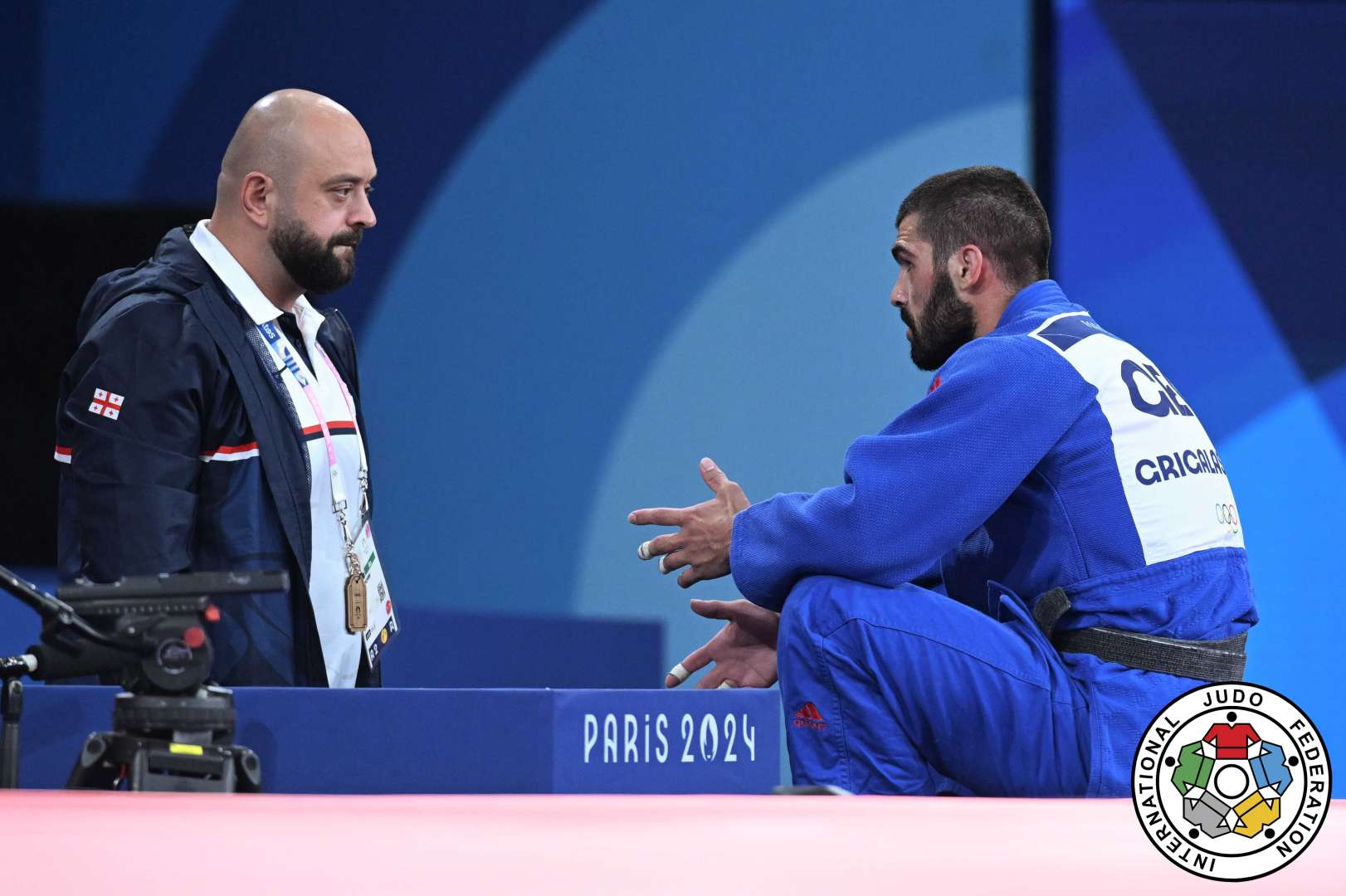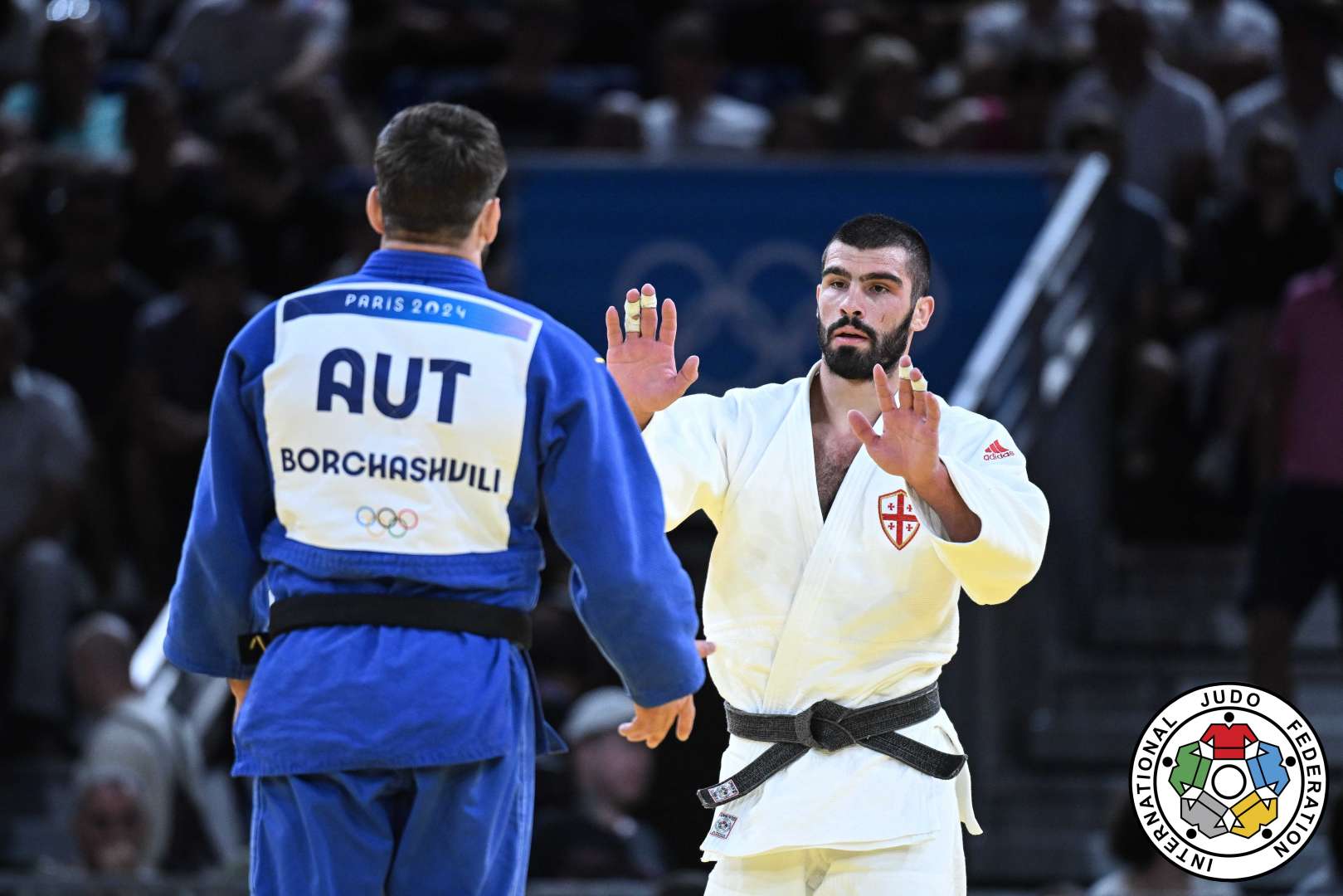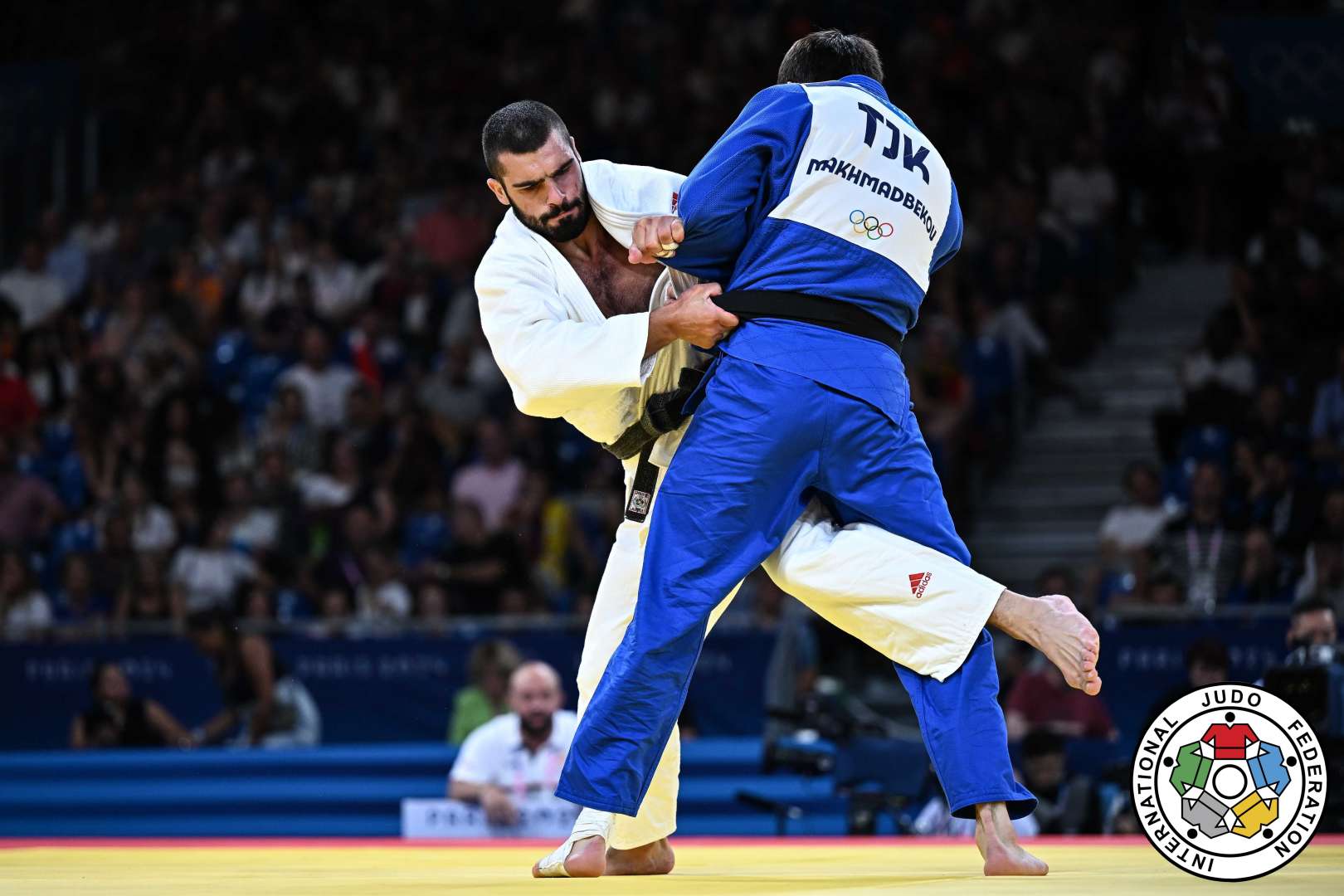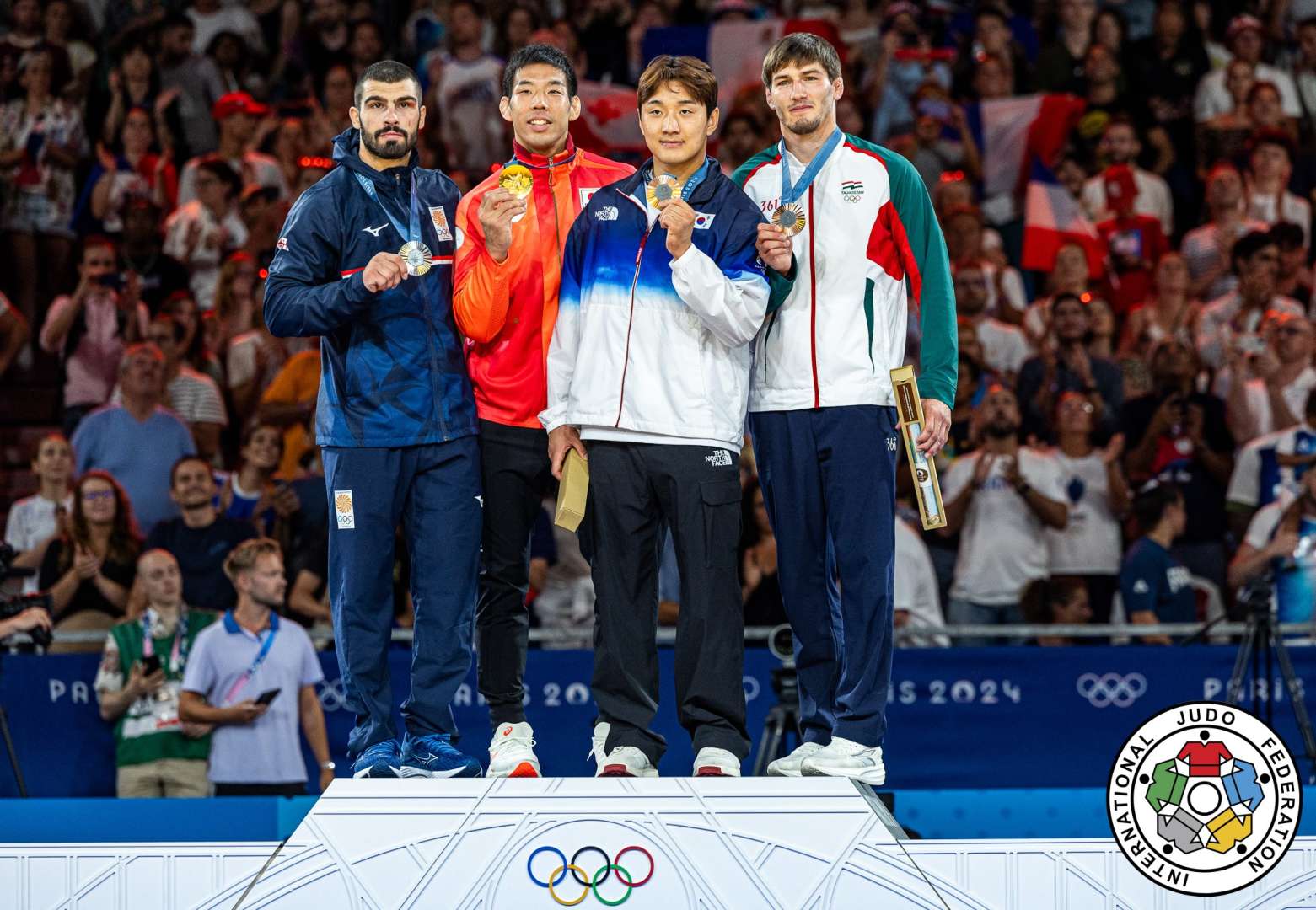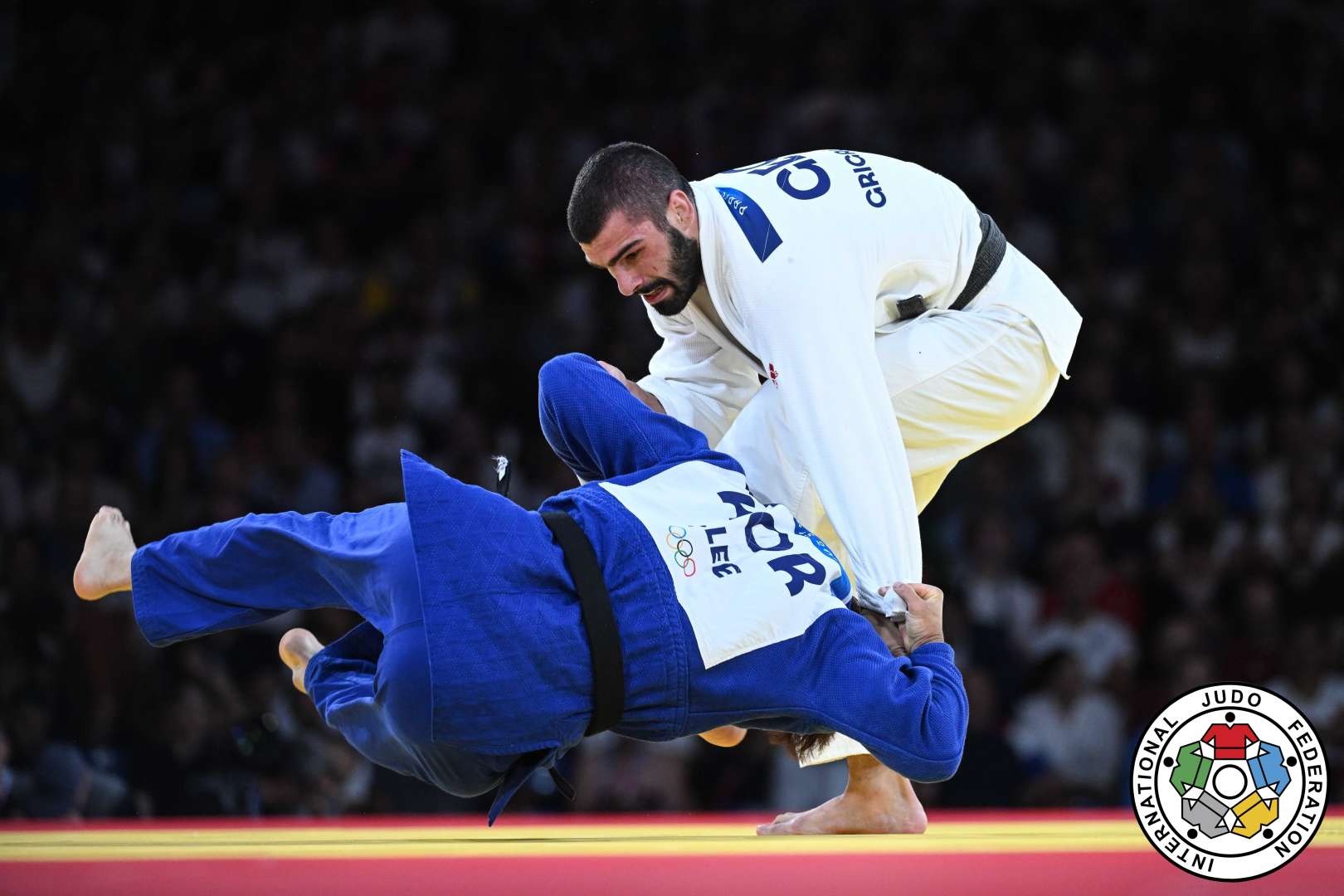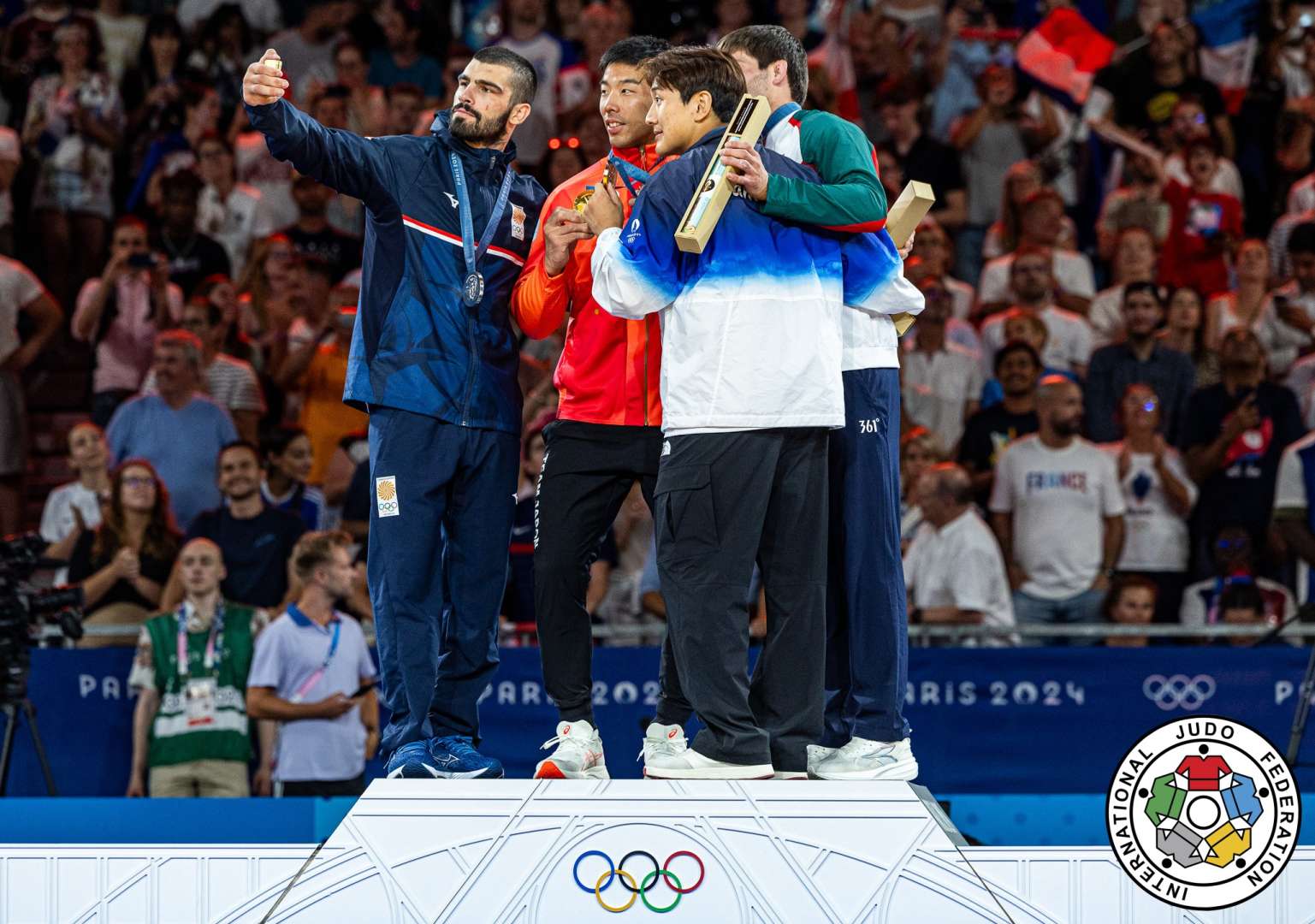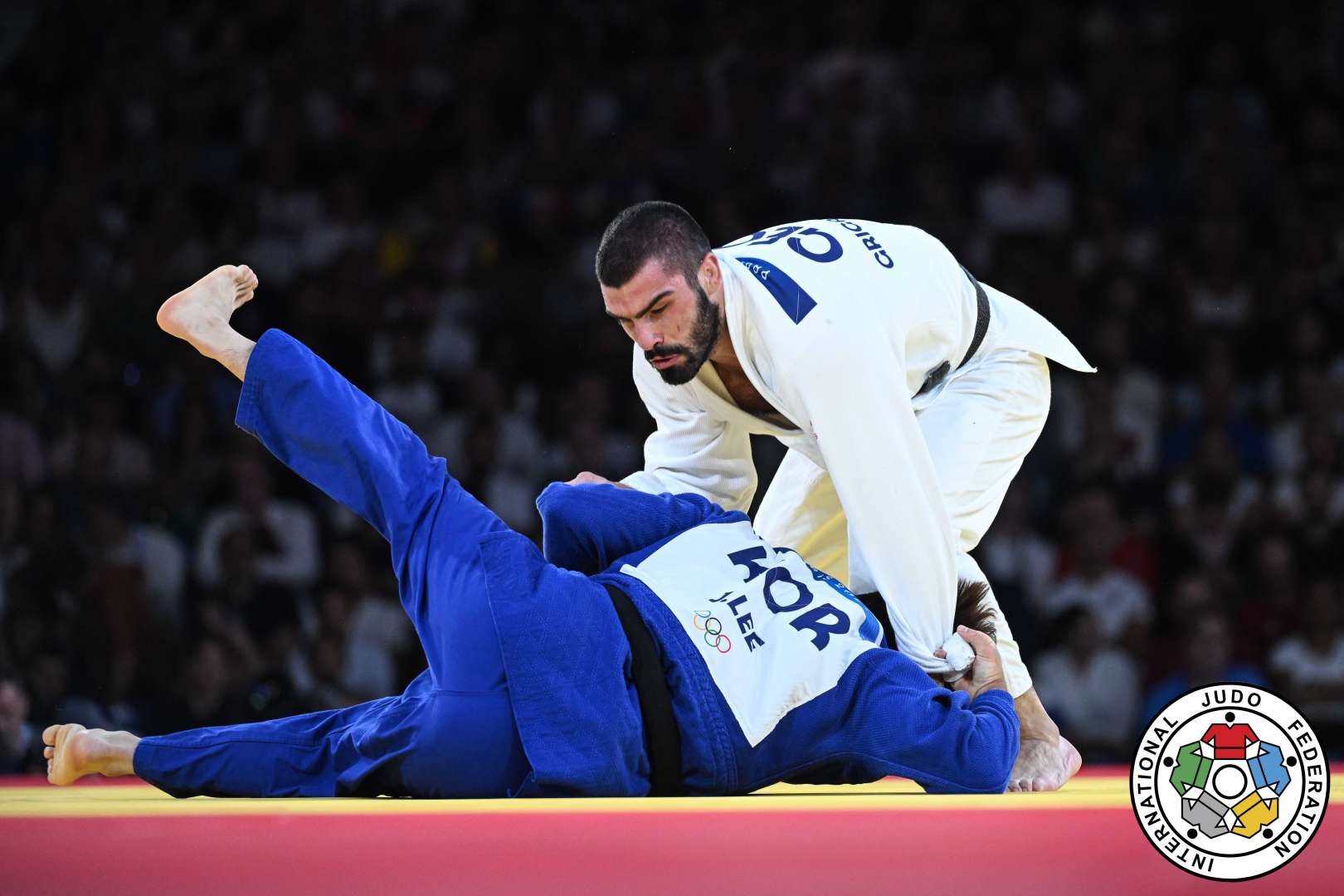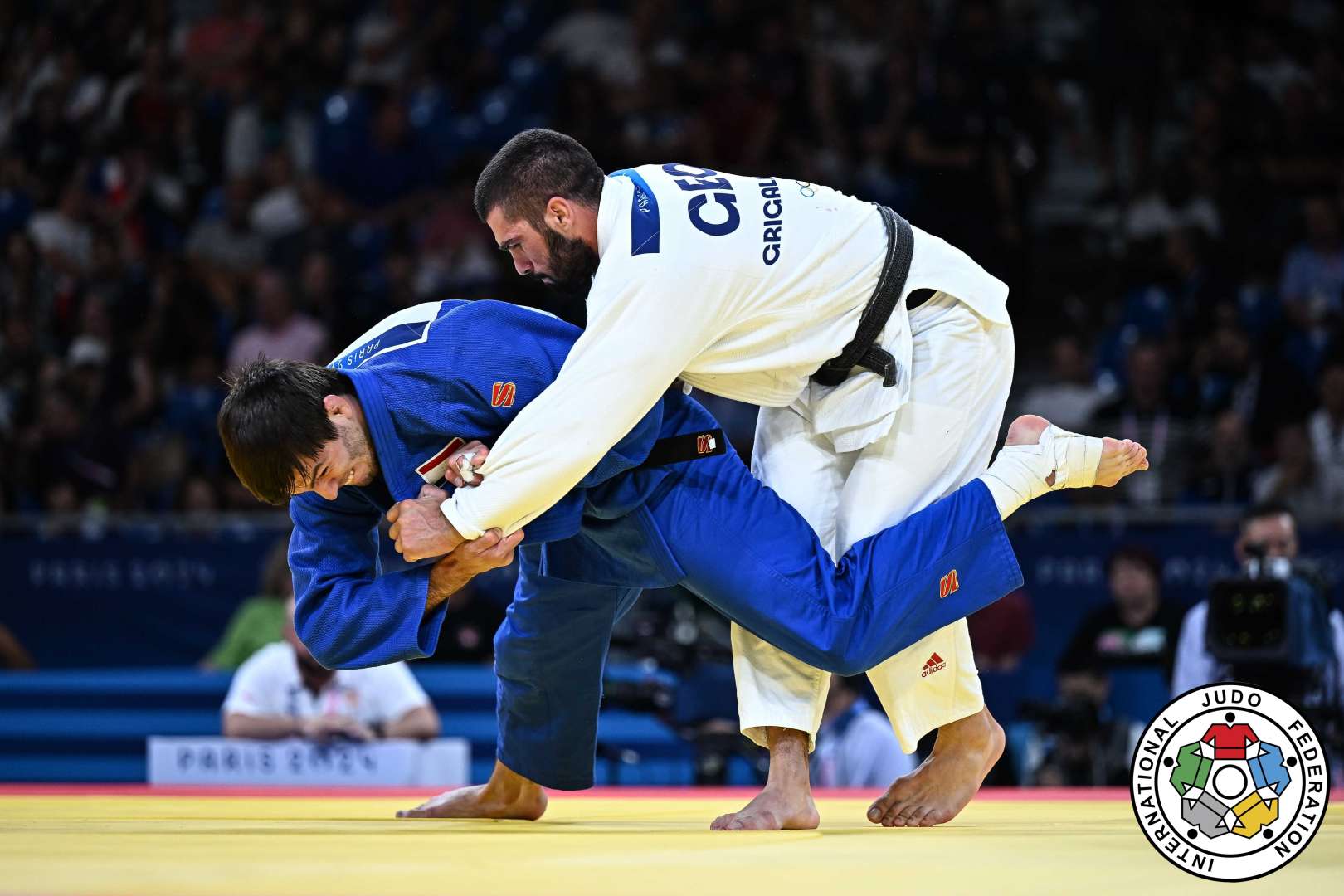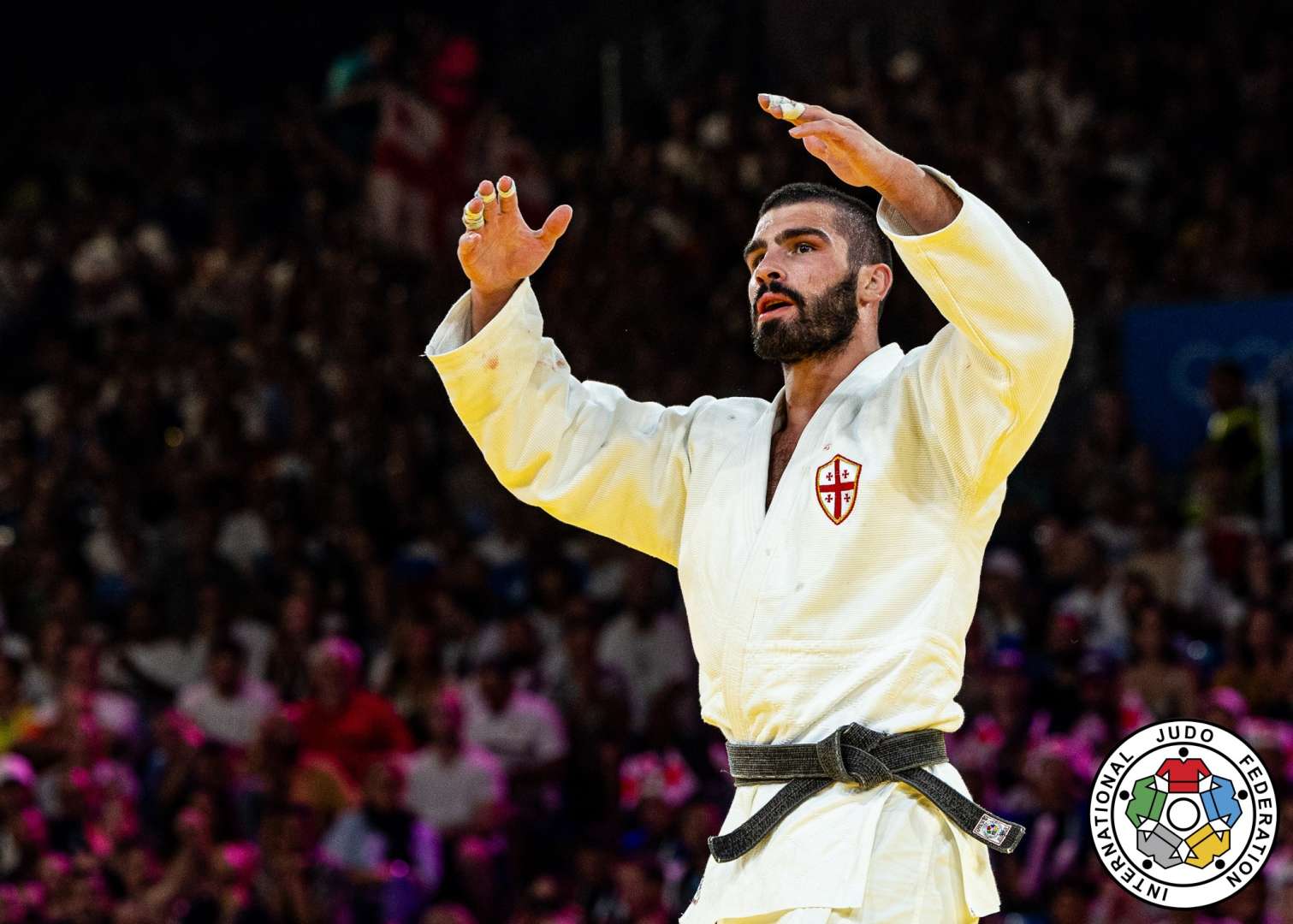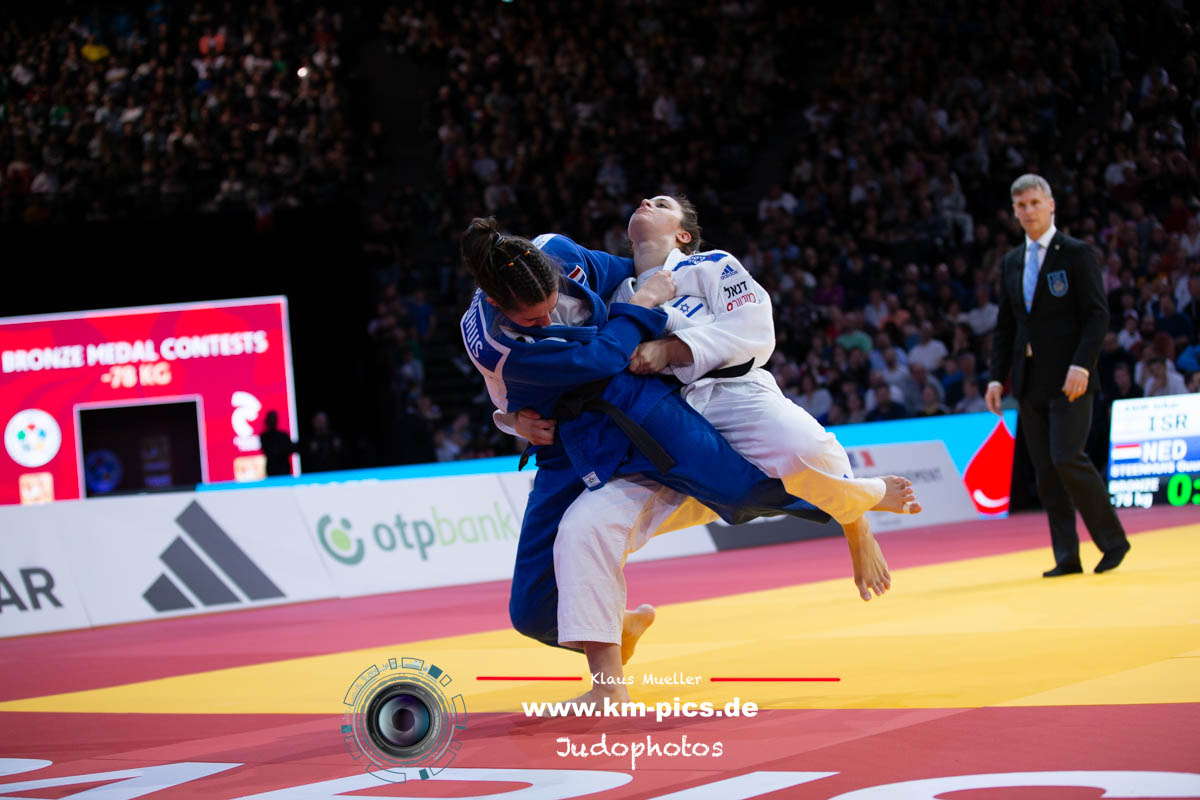Two refugee judoka will compete at the 2016 Olympics in Rio

 3 Jun 2016 15:35
3 Jun 2016 15:35
 UNHCR
UNHCR
 taken from video
taken from video
For the first time, a team of refugee athletes will compete under the Olympic flag. Since the modern Olympics began in 1896, over 200 national teams have vied for glory at the Summer and Winter Games. Now, for the first time, a team of refugees will compete as well. The International Olympic Committee today announced the selection of 10 refugees who will compete this August in Rio de Janeiro, forming the first-ever Refugee Olympic Athletes team. Two of them are judoka from the Democratic Republic of the Congo.
Yolande Mabika
Fighting in the eastern Democratic Republic of the Congo separated Yolande Mabika from her parents when she was a young child. She remembers little else but running alone and being picked up by a helicopter that took her to the capital, Kinshasa. There, living in a centre for displaced children, she discovered judo.
Yolande went on to compete in major tournaments. “Judo never gave me money, but it gave me a strong heart,” she says. “I got separated from my family and used to cry a lot. I started with judo to have a better life.”
In 2013, when she came to Rio to compete at the World Judo Championship, her coach confiscated her passport and limited her access to food – as he did at every competition abroad. Fed up with years of abuse, including being caged after losing tournaments, Yolande fled the hotel and wandered the streets searching for help.
Now, as refugee in Brazil, she has won a spot on the Refugee Olympic Athlete team and received training at the judo school founded by Flavio Canto, a Brazilian Olympic bronze medallist. “I will be part of this team and I will win a medal. I am a competitive athlete, and this is an opportunity that can change my life,” she says. “I hope my story will be an example for everybody, and perhaps my family will see me and we will reunite.”
Popole Misenga
Popole Misenga was just nine years old when he fled fighting in Kisingani, in the Democratic Republic of the Congo. Separated from his family, he was rescued after eight days in the forest and taken to the capital, Kinshasa.
There, at a centre for displaced children, he discovered judo. “When you are a child, you need to have a family to give you instructions about what to do, and I didn’t have one. Judo helped me by giving me serenity, discipline, commitment – everything.”
Popole became a devoted judoka, but each time he lost a competition his coach locked him in a cage for days with only coffee and bread to eat. Finally, at the 2013 world championships in Rio, where he was deprived of food and knocked out in the first round, he decided to seek asylum.
“In my country, I didn’t have a home, a family or children. The war there caused too much death and confusion, and I thought I could stay in Brazil to improve my life.”
After gaining refugee status, Popole began training at the judo school founded by Flavio Canto, an Olympic bronze medallist. “I want to be part of the Refugee Olympic Athletes team to keep dreaming, to give hope to all refugees and take sadness out of them,” he says. “I want to show that refugees can do important things.” He also hopes to catch the attention of his relatives back home. “I will win a medal, and will dedicate it to all refugees.”
 like
like
 share
share
.JPG)
| Result | City | Date |
|---|---|---|
| 2 | Paris | 2024 |
| 1 | Abu Dhabi | 2024 |
| 1 | Zagreb | 2024 |
| 3 | Belgrade | 2023 |
| 2 | Montpellier | 2023 |








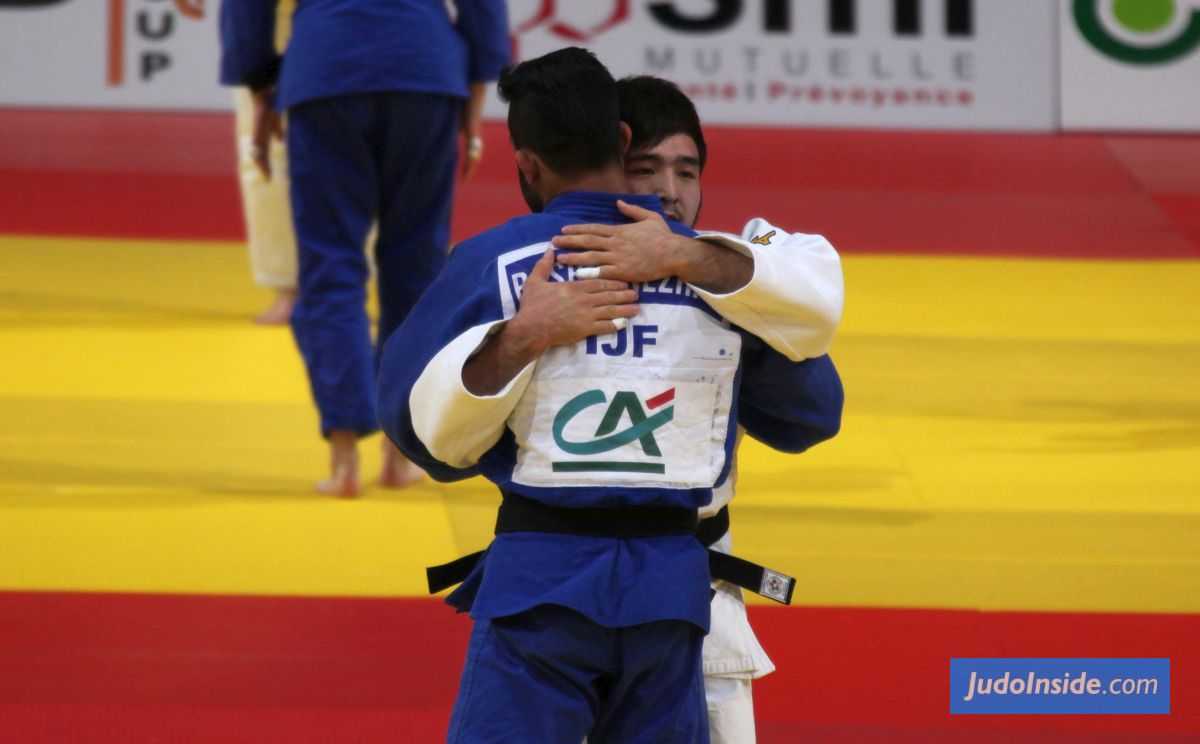
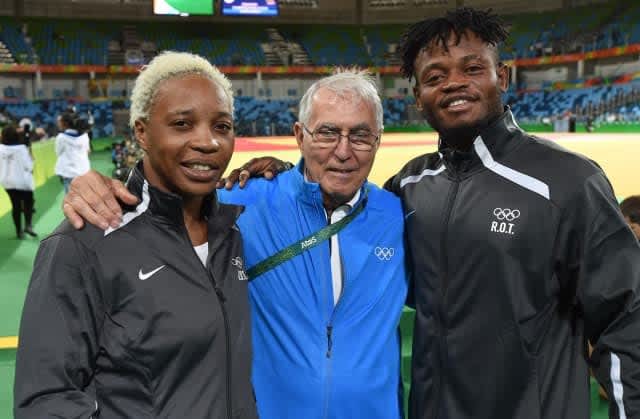
 (4).jpg)

